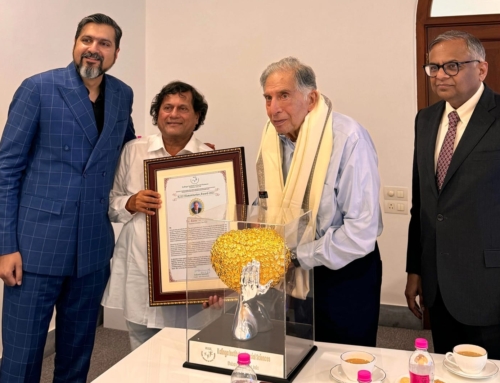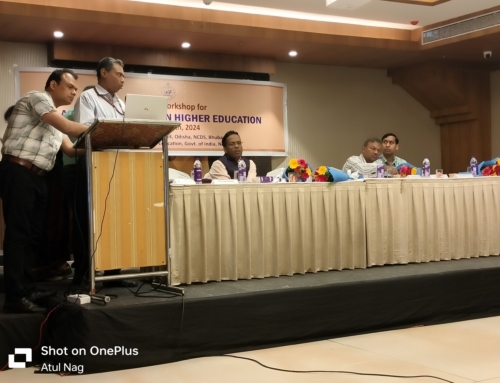Even when we claim that we have come long way ahead of social stigmas, we still feel embarrassed and hesitant to speak about certain sensitive topics in open. Menstrual hygiene being one such topic !
Menstrual hygiene management is a problem for adolescent girls but lack of awareness and discussion leads to various health issues and sometimes even fatal.
Cultural taboos add to the difficulties of the adolescent girls, preventing them from seeking help particularly when attending school and also beyond that. Poor sanitation and hygiene facilities in schools, inadequate puberty education and lack of hygienic items cause girls to experience menstruation as shameful and uncomfortable. Lack of puberty education and menstruation myths also impose restrictions on the diet and activities which can in turn lead to major health problems.
On this occasion of Menstrual Hygiene Day, I take the opportunity to say that speaking about Menstruation is as normal and as important as speaking about Malaria. To draw attention, it has become imperative not only to speak to girls but to boys as well. Together we make a beautiful world. Let’s join hands to break the taboo, shun gender disparity and support action on menstrual hygiene to ensure no one is left behind like we do it at Kalinga Institute of Social Sciences. The world’s largest indigenous Education Institute has more than 18,000 girls and they are taught to speak up for their rights. They are sensitised about menstrual hygiene by peer educators, teachers and civil society thought and change leaders. One sanitary napkin plant in collaboration with UNFPA in the KISS premises produces pads for their use.



